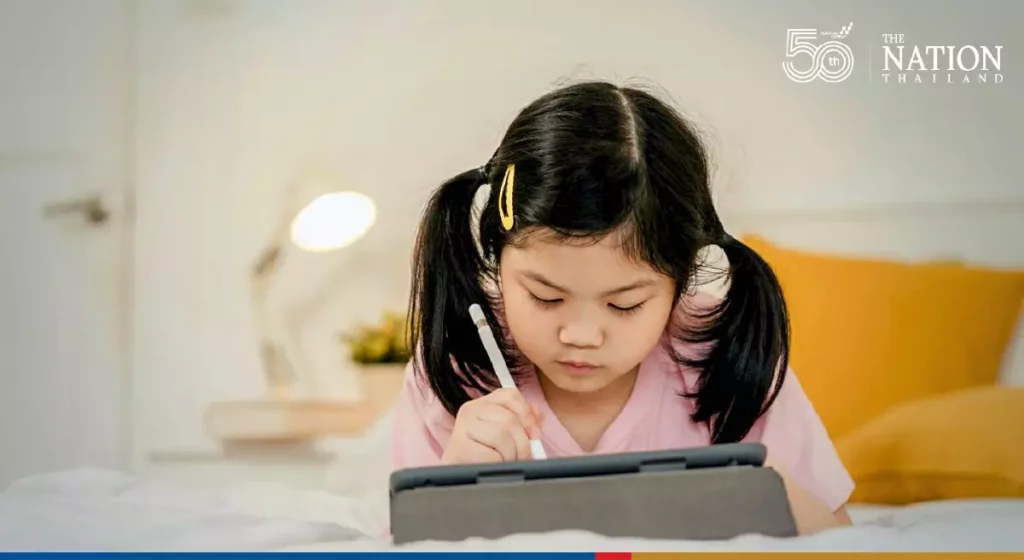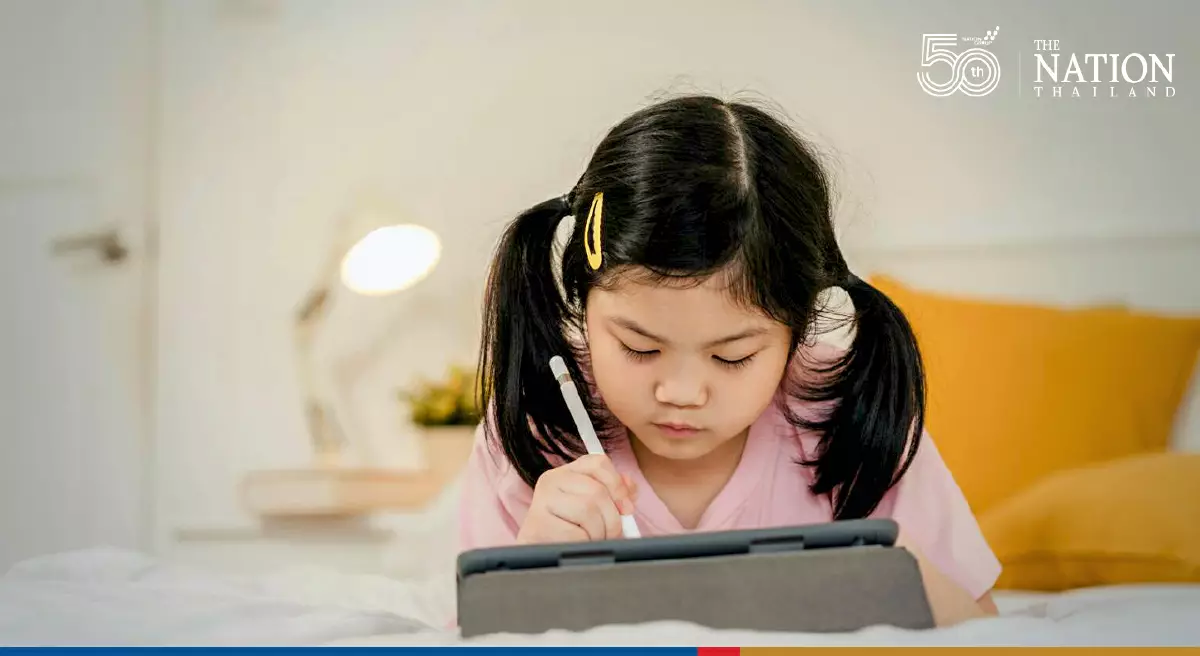
มหาวิทยาลัยมหิดล ร่วมแสดงความยินดีครบรอบ 72 ปี หนังสือพิมพ์สยามรัฐ
24/06/2022
Thailand Phil to be featured in international music festival
27/06/2022Chutikorn Nopparat, PhD. Research Center for Neuroscience, Institute of Molecular Biosciences
 In compliance with government regulations, many mothers are having to work from home every day or go to the office on certain days of the week. As for children, they attend classes online. With both at home, it is understood that mothers and children will spend more time together, and quality time spent with parents is known to improve the mental and physical development of children.
In compliance with government regulations, many mothers are having to work from home every day or go to the office on certain days of the week. As for children, they attend classes online. With both at home, it is understood that mothers and children will spend more time together, and quality time spent with parents is known to improve the mental and physical development of children.
However, that is not the case in many families. The fact is that parents are either busy with work while at home, or do not know how to play with their children.
Recent surveys show that children spend most of their time in front of a computer screen, mobile phone or another digital device.
Studies have also found that in the Covid-19 era, children are getting low-quality sleepy and spend fewer hours in bed. They also spend less time on physical activity (Kaditis, Ohler, et al 2021).
On the other hand, they spend more time facing a screen (Lee 2020). All this time spent in front of a screen has several negative consequences, both direct and indirect, including:
• Eye strain, aching, burning, irritated and watery eyes, blurred vision and chance of macular degeneration due to the long-term effect of blue-light waves from mobile phone screens.
• Waste of quality time that should be spent with parents or caregivers, affecting mother-child attachment and bonding.
• Children lose the opportunity to develop in different fields due to time spent on the screen.

Here are some of the things they may be missing out on:
1. Language and social development: Digital media or screen time is a one-way communication, so children miss out on interacting with adults or playing with their peers.
2. Gross and fine motor development: Children often sit still and stare at mobile screens without moving or using their hands or arms.
3. Cognitive development: Children lose the opportunity to practice problem-solving and taking the initiative. These skills are better learned when they are allowed to act and participate in activities. This also affects their executive function.
Light waves emitted from mobile phone screens, especially blue light with short wavelengths of about 400-440nm, can hurt the quality of sleep in children. The biological clock (circadian rhythm) helps coordinate the functions of various systems in the body to work efficiently. The sleep mechanisms have relatively specific circadian rhythms as per the levels of melatonin, a hormone secreted by the pineal gland, regulating the sleep cycle.
Normally, during the day, blue light waves from the sun inhibit the secretion of melatonin which is a normal mechanism of body function. But at night,, melatonin is supposed to be released according to the circadian clock. If the brain is disturbed by blue-light waves from mobile phone screens or digital devices, the levels of melatonin will be lower than normal. This causes insomnia, light sleep and inadequate quality sleep (Wahl, Engelhardt, et al 2019).

For children, sufficient quality sleep will boost the secretion of the growth hormone, which is necessary for physical growth and development appropriate to their age, apart from enhancing brain development (Scheepens, Moderscheim, et al 2005).
Growth hormone is abundantly secreted during deep sleep (stage3-4 of NREM sleep). Blue light from phone screens directly disturbs sleep and is related to the childhood development of both the brain and the rest of the body.
In addition, adequate sleep helps repair the wear and tear of the body and boosts immunity, which is very important especially during disease outbreaks.
Therefore, parents should be aware of the silent danger of prolonged mobile phone usage and split the time spent in front of a screen into intervals. Children should also be made to avoid screens at least two to four hours before getting into bed.
Here are some suggestions for good sleep:
• Train your child to go to bed and wake up at the same time every day. Bedtime should not be too late.
• Avoid screen usage two to four hours before bedtime. If necessary, then look for blue-light blocking glasses.
• Turn off or dim the bedroom light when turning in. During the day, children should be exposed to natural sunlight.
Tips and tricks
Here are some activities for mothers and children that will help enhance the child’s development in the Covid-19 era:
• Encourage physical activity such as cycling, jumping rope or running. Physical movement can promote the growth of large muscles.
• Teach children to help themselves, such as serving rice, putting on clothes without help or buttoning up as well as helping with household chores, which will help develop their fine motor skills.
• Quality time spent together will boost the opportunity for inter-communication, such as reading stories or playing together, which will help with language and social development. Even when the child is on the screen, caregivers can engage the child in discussions about what is on the screen or help them choose the right media.

Published : September 08, 2021

